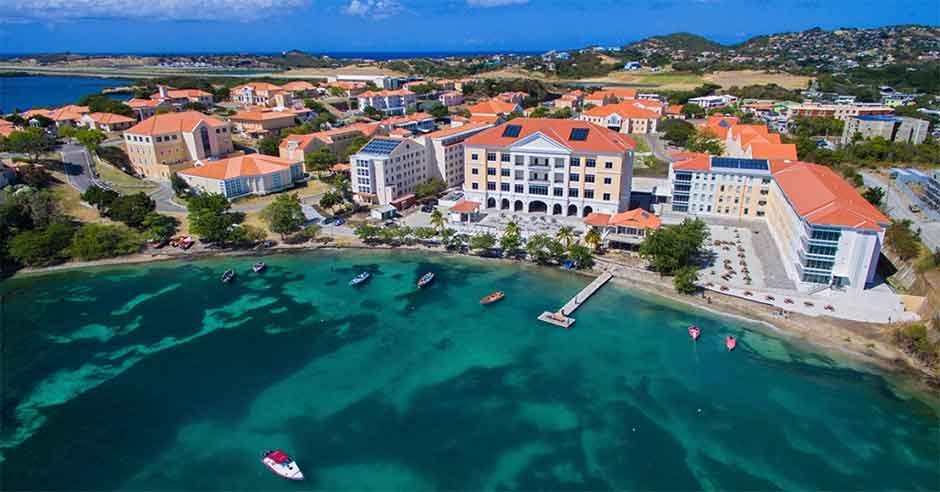Selecting the right medical school can be a daunting experience for students. While medical schools in the U.S. are largely popular, they also have several drawbacks. Getting admission to a medical school in the U.S. is often difficult and even eligible students struggle to meet the required criteria. This is mainly because of the huge number of applications in comparison to the number of available positions.
On the other hand, Caribbean medical schools have grown in popularity because of the high-quality education that they offer. They have less strict admission requirements, making it easier for students to gain acceptance. Medical schools in the Caribbean also provide opportunities for international clinical rotations, making it easier for students to match residency.
If you are looking to gain admission to a Caribbean medical school, then you should weigh in all the necessary pros and cons to arrive at a suitable decision. Here are some of the most common advantages and drawbacks of studying at a Caribbean medical school.
Pros
Easier admission
The biggest benefit of Caribbean medical schools is that they offer rolling admission, which means that students don’t have to lose sleep over missing out on the application deadline.
Also, students are assessed differently here as the focus is not solely on MCAT and other exam scores but also on the candidate themselves. In the Caribbean, medical students are assessed on their overall interest and how passionate they are about contributing to the medical field. While scores play an integral part, the determination and dedication of the student are also taken into consideration as these are important attributes every doctor should possess.
USMLE Step 1 pass rate
Medical students know that the United States Medical Licensing Examination (USMLE) Step 1 exam is an important part of the medical academic journey for anyone who wants to practice medicine in the US. Many of the reputed medical schools in the Caribbean have a high USMLE Step 1 first-time pass rate. This demonstrates the quality of the education that is offered in these recognized and reputed medical schools in the Caribbean.
Clinical rotation
Clinical rotations are necessary for medical students as they gain hands-on experience in assessing and treating patients, as well as observing and participating in various clinical procedures. During this time, they get to be a part of healthcare settings, such as hospitals, clinics, and other care facilities to get an in-depth understanding of how clinical skills are applied in real-world settings.
Reputed medical schools in the Caribbean offer clinical rotations in the U.S. which are very useful for anyone who is planning to apply for residency in the U.S.
Cons
Finding the right medical school in the Caribbean
One of your biggest challenges may be finding the best medical school in the Caribbean for you. The Islands are home to several medical schools but only a select number of them have the desired recognition and meet all the above requirements.
This is why students need to be careful about picking the right medical school and should ensure that it meets all the necessary requirements and is accredited by the necessary governing bodies.



